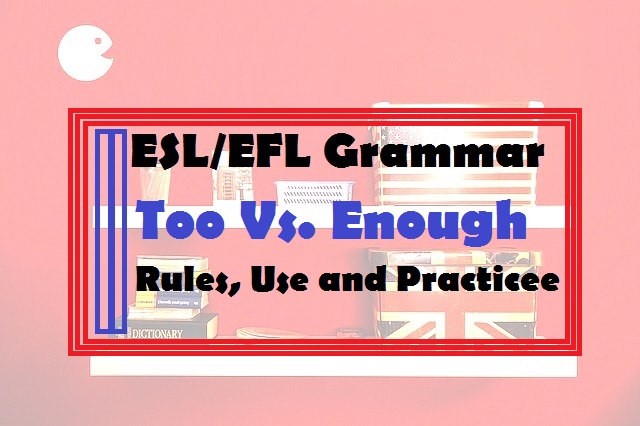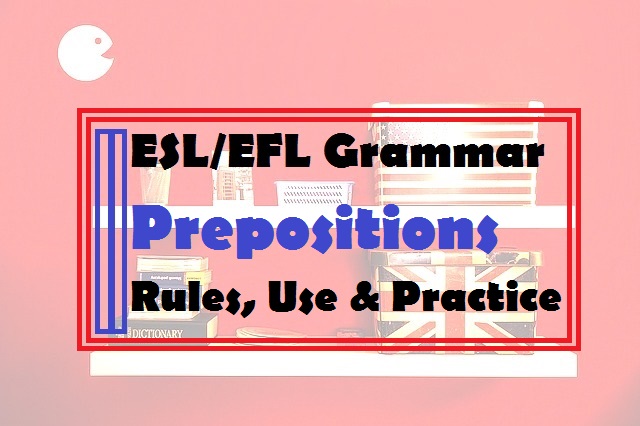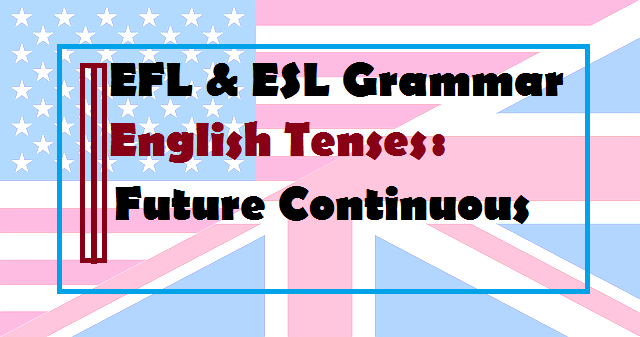The use of ever and never in English (English grammar: use, rules and practice)
Ever and never are two of the most common words in English. Never means ‘at no time’ and ever means ‘at any time’. Both words are used with the present perfect.
Examples :
- I have never visited USA.
- Have you ever eaten Kiwi?
- Has she ever played volleyball?
- They have never gone to London.
In American English, ‘never’ and ever’ are common with past simple. This is less common in british English.
Examples:
- I never saw your sister.
We use ever with questions to ask whether something has or never happened.
Examples:
- Have you ever studied Japenese?
- Has your brother ever visited Hawai?
- Have they ever played tennis?
We use ‘ever’ in negative sentences if we have ‘not’. In this case, ‘ever’ equals ‘never’.
Examples :
- I haven’t ever visited the beach park in Florida.
- He hasn’t ever taken any exercises.
We use ‘ever’ with negative adverbs such as : (hardly, barely, scarcely…etc. in present tense) and in statements that includes nobody, nothing, no one…etc.
Examples:
- Nobody has ever won the gold medal in this game.
- We hardly ever respond in this number.
- He barely ever speaks to somebody.
Ever & Never
Check your understanding here....









“ever” and “never” always confusing me … Or they WAS ! 🙂 Thank you teacher .